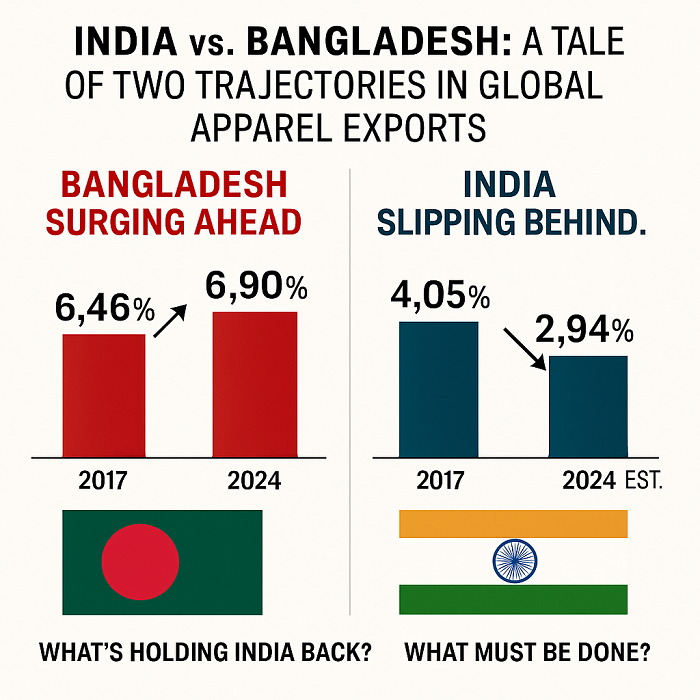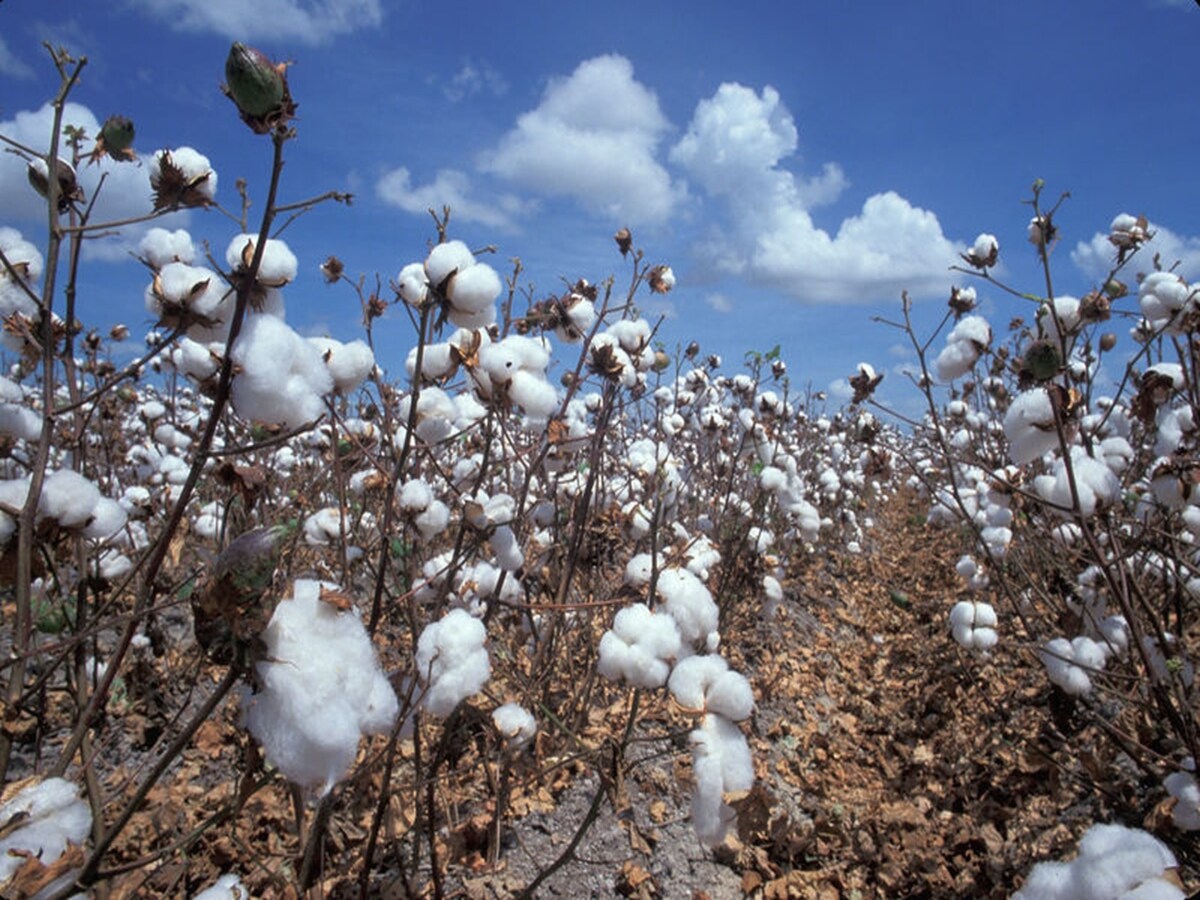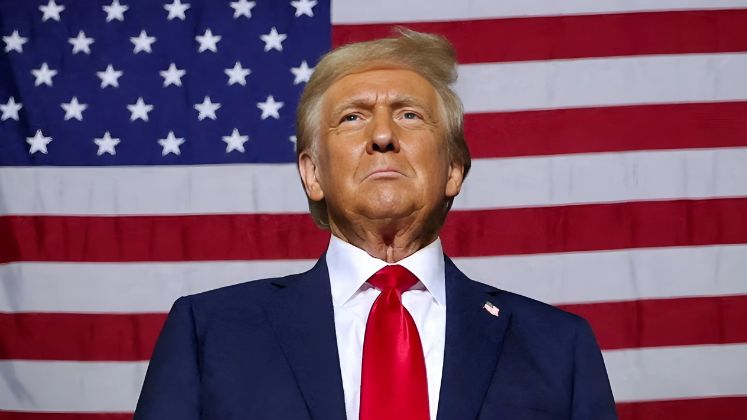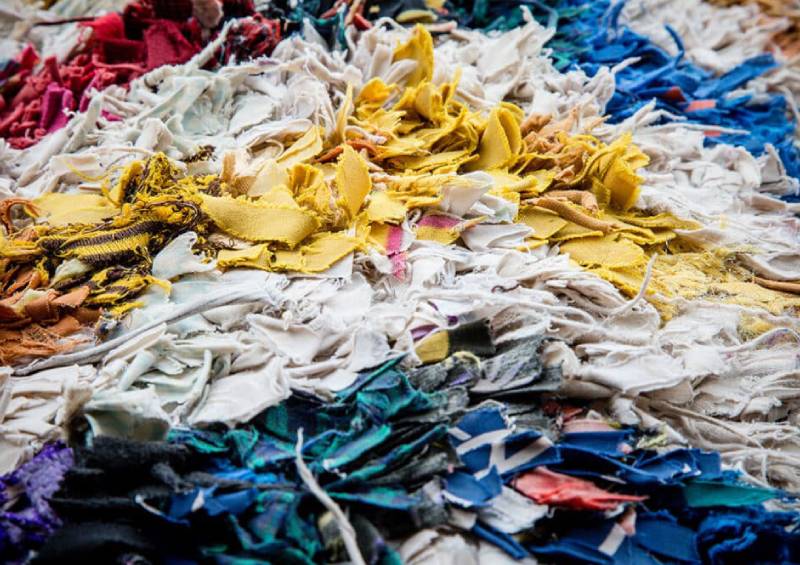Leaders from the Indian fabric industry are urging Finance Minister NirmalaSitharaman to implement measures to protect the domestic market from the dumping of fabrics and garments.
Industry leaders believe, without such measures in the upcoming Budget 2024-25, the country will struggle to achieve the double-digit growth necessary to meet its 2030 and 2047 goals.
Ashish Gujarati, Vice President, Southern Gujarat Chamber of Commerce and Industry (SGCCI), recommends, the finance minister should impose a Minimum Import Price (MIP) on all types of fabric under various HSN codes. He emphasiseson the importance of excluding fabric and garments from free trade agreements (FTAs) with various countries, as the domestic industry is suffering from massive imports.
He also highlights the need for a special incentive scheme for the weaving and knitting industry as the fabric sector is currently squeezed between dominant yarn and fiber producers and slow demand from the garment industry.
Furthermore, Gujarati proposes deferring of the MSME payment rule for at least one year to allow a gradual shift to a shorter credit system. He says, it is necessary to ensure the availability of raw materials at international prices and quality to compete globally, he says.
GaurangBhagat, President, Gujarat-based Maskati Cloth Market Association, notes,the domestic textile industry is in crisis due to cheap imports. The spinning, weaving/knitting, and dyeing and processing industries are suffering due to availability of finished fabricsat lower prices, he adds.
Subir Mukherjee, Business Head-Denim, Bhaskar Industries, recommends, cotton imports for fabric exports should be made duty-free to offset the impact on fabric exporters. Alternatively, the government could refund import duty to exporters, he adds. According to him, current schemes like duty drawback and RoDTEP (Remission of Duties and Taxes on Exported Products) do not sufficiently compensate for import duties on cotton. He also demands an increase in the RoDTEP value cap for chapter 5211 to match that of chapter 5209, as denim exports under chapter 5211 constitute over 40 per cent of India's total denim exports.
Mukherjee further recommends, duty-free imports should be allowed only if the fabric originates from Bangladesh or India. This would prevent Chinese fabric from entering India through Bangladesh, he adds. The Indo-Bangla textile trade should be conducted in Indian rupees instead of USD to reduce transaction costs, he proposes. Additionally, significant investments in infrastructure, including roads and warehousing facilities on both sides of the India-Bangladesh border should be made to ensure faster and more reliable transit times should be made, he adds.












